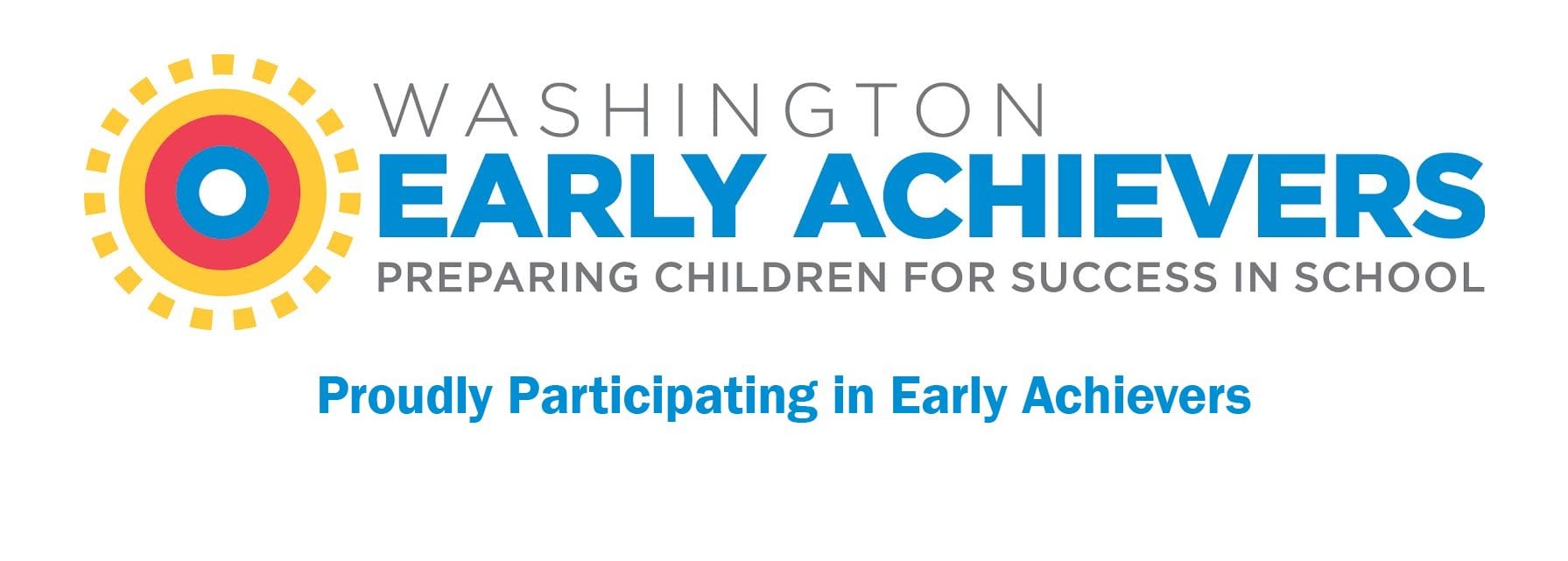.
The Little Genius World
We are an academy offering a high-quality program where families find a space for their children to develop their multiple intelligences. Our team comprises people with great hearts who are dedicated to helping children reach their full potential. Caring for children is not a job; it is our passion and vocation.
Through various strategies, we make our students feel safe, stimulated, fun, full of love, and meaningful learning; in this way, we nurture their multiple intelligences naturally based on the needs, abilities, and interests of each of our students.
DUAL IMMERSION PROGRAM
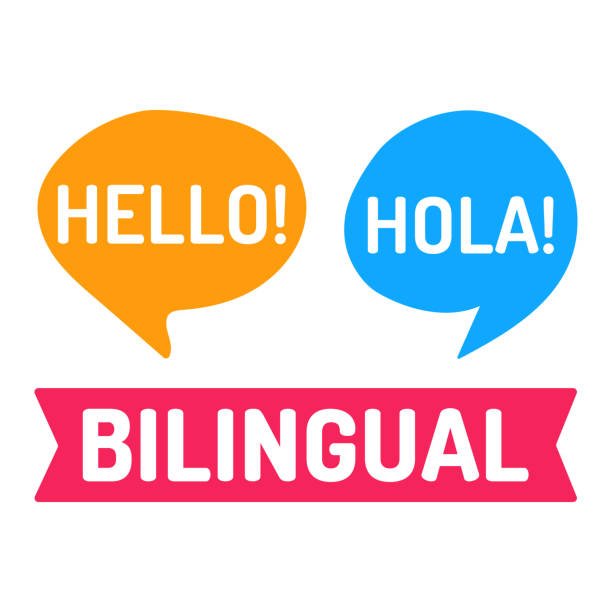
Dual Immersion
Our dual immersion education integrates native English-speaking and native Spanish-speaking students in the same classroom. Students develop oral and cognitive academic language in English and Spanish while mastering grade-level knowledge and skills in all elementary content areas. The Little Genius World provides services for children 12 months to 5 years old; we work on a bilingual curriculum using 50-50, 90-10, and 80-10 models. The program is designed to naturally teach children a second language through subject content instruction and everyday classroom conversation. In our immersion program, English language learners learn in an enriching environment rather than a remedial one. Students are recognized as equal experts in their heritage language, which helps avoid language loss. Our program aligns with this Model and typically serves classes made up of native English speakers and native speakers of the target language, with the goal of making all students bilingual, bi-literate, and bicultural. The equal division of instructional time between the languages allows students’ first and second languages to progress.
Diverse Program

Diversity
By being part of our diverse program, our children learn to be more accepting, caring, and helpful. They all get a chance to be leaders, teachers, and problem solvers. It’s invaluable for our young children who don’t even recognize that they have this experience. We teach young children to notice differences in the environment—colors, sizes, shapes, etc. Our responsibility is to help children notice and value differences in people, cultures, and languages. That’s the most beautiful part of what we do here. The children at our center are not just dual language learners; they really become multilanguage learners. The little ones speak in their home language and English or vice versa and use both words for things they want. At The Little Genius World, everyone is unique. Everyone is different. Value the differences! Even though kids are from different places worldwide, they all want the same thing: to be safe and loved.”
Multicultural Program

Multiculturalism
We believe in the importance of promoting quality early learning environments for children that are culturally and developmentally appropriate. Cultural diversity in early education involves children from different cultures mixing and mingling with one another in the same center, as well as children learning more about other cultures, differences and acceptance of those differences. As we live in a multicultural nation, it’s vital that cultural diversity is dealt with at a young age and that’s why our facility focus on this important topic, and we incorporate to our curriculum. Just as adults in the workforce can learn different things from one another in a multicultural workplace, so too can children in a classroom or play environment. Having kids from a variety of cultures all interacting makes for a very interesting dynamic and each child can learn something from another child about their culture and way of life. Kids may even learn new games to play that they’d never even heard of before. Other things kids can learn from one another when it comes to cultural differences is more about the geography of other countries, what people do, the language they speak, the food they eat and so much more. Promoting and cultivating multiculturalism in early childcare ultimately trains kids to be more inclusive of kids from other cultures, rather than excluding them for being different. This is an important lesson that will be carried on all the way through school and into adulthood. As a quality early education center, we create a curriculum that is inclusive of all cultures, one that considers the differences among young children, along with respecting the culture and beliefs of the children’s families. Value is also placed on every child’s experience. In other words, our curriculum is diverse and flexible and is by no means a “one size fits all” approach to early education. focuses on ensuring every child feels included and can participate in a variety of different activities. It’s all about acceptance. Culture Shapes not only our values and beliefs, but also our gender roles, family structures, languages, dress, food, etiquette, approaches to disabilities, child-rearing practices, and even our expectations for children’s behavior. In this way, culture creates diversity. Children bring their own set of culturally based expectations, skills, talents, abilities, and values with them into the classroom. And they begin to develop their self-concept (at least in part) from how others see them. To form positive self-concepts, children must honor and respect their own families and cultures and have others honor and respect these key facets of their identities too. If the classroom doesn’t reflect and validate their families and cultures, children may feel invisible, unimportant, incompetent, and ashamed of who they are.
All meals and snacks are prepared and served in accordance with the most current edition of the USDA Child and Adult Care Food Program (CACFP) standards or the USDA National School Lunch and School Breakfast Program standards.
Centers and day care homes offering meals through the Child and Adult Care Food Program (CACFP) play a critical role in supporting the wellness, health, and development of children, older adults, and individuals with disabilities through the provision of nutritious foods. In particular, child care providers have a powerful opportunity to instill healthy habits in young children that serve as a foundation for healthy choices in life.

Early Achievers
Early Achievers is a framework for improving the quality of early care and learning in Washington State. It is a state-wide system that brings together families, early learning professionals, and resources to support each child’s learning and development. Early Achievers provides evidence-based information about facility quality to help families find high-quality child care and early learning programs. Participation is free for providers so there is no additional cost to families. By participating in Early Achievers, early learning professionals show a commitment to improving quality so you can feel confident about your child care choice.
Multiple Intelligences
The Multiple intelligences theory of human intelligence was first proposed by the psychologist Howard Gardner in his book Frames of Mind (1983). At its core, it is the proposition that individuals have the potential to develop a combination of eight separate intelligences or spheres of intelligence; that proposition is grounded on Gardner’s assertion that an individual’s cognitive capacity cannot be represented adequately in a single measurement, such as an IQ score. Instead, according to this theory, because each person manifests varying levels of separate intelligence, a unique cognitive profile would better represent individual strengths and weaknesses. It is important to note that, within this theory, every person possesses all intelligence to some degree.
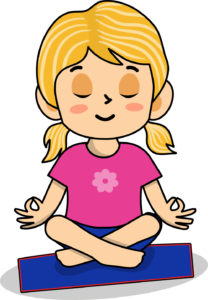
Intrapersonal
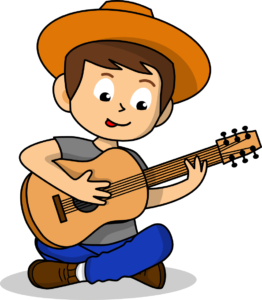
musical
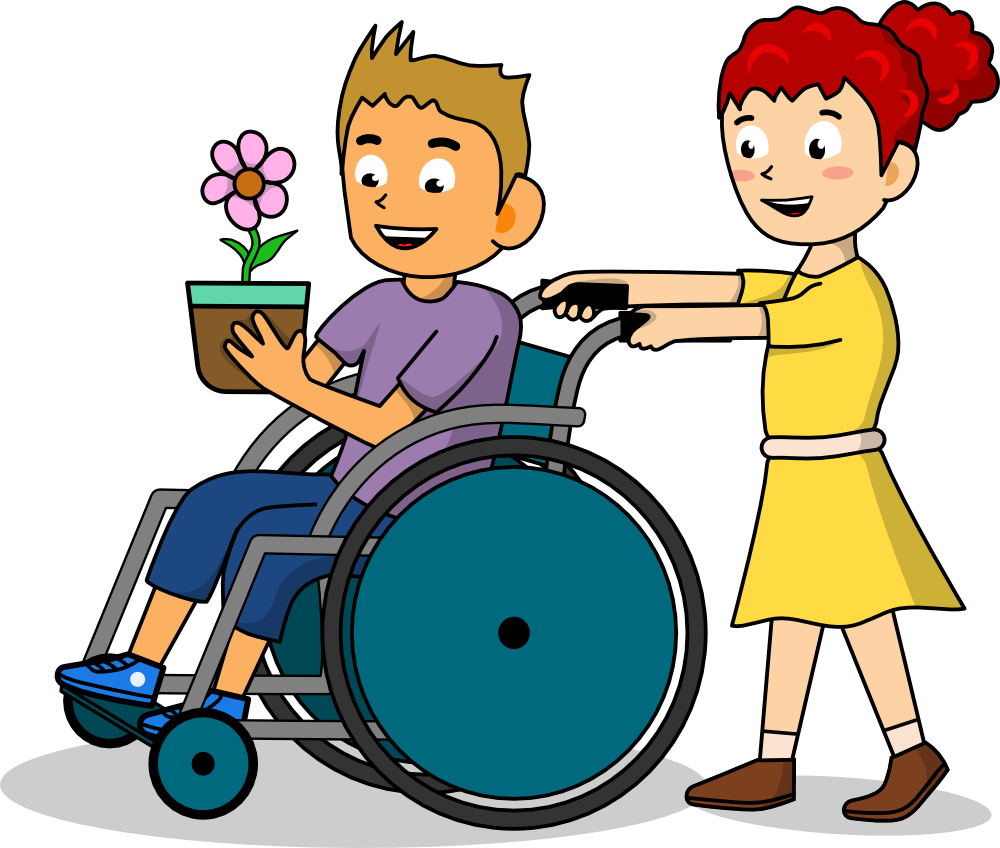
naturalistic/interpersonal
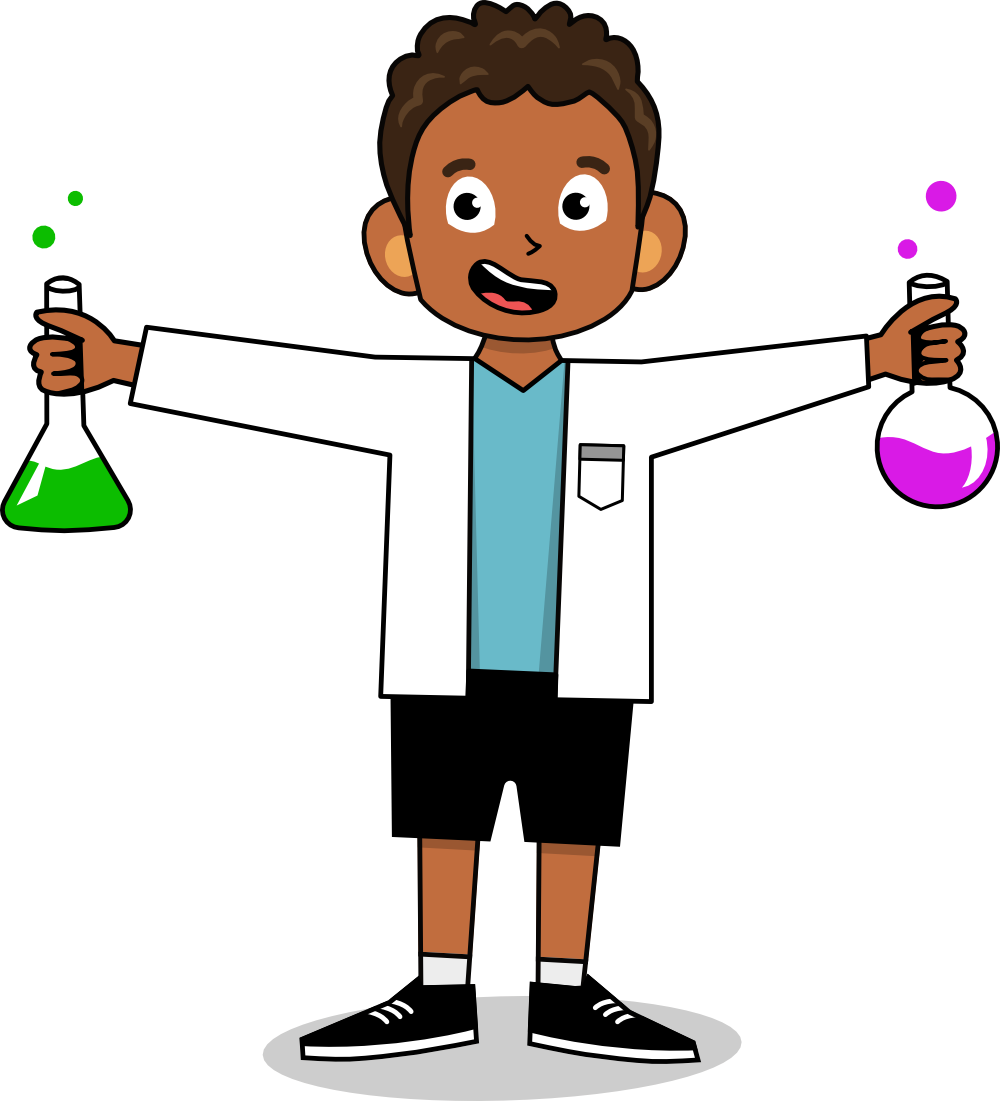
logical-mathematical
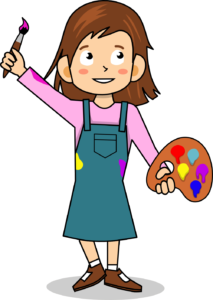
visual-Spatial
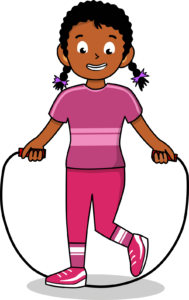
bodily-kinesthetic
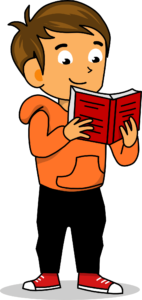
Verbal-Linguistic

